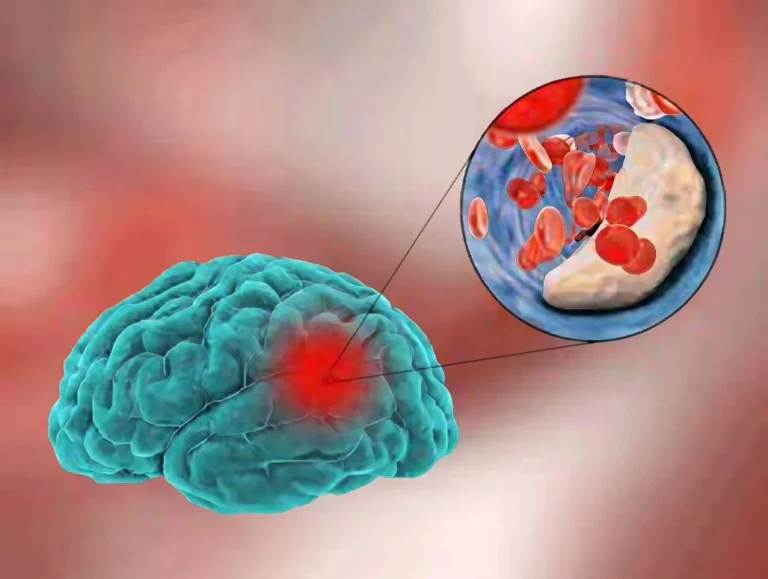
Neuroendocrine Tumor Center of Excellence Re-Certified
The Center for Neuroendocrine Tumors at the Bad Berka Central Clinic has been officially re-certified, continuing its distinction as a leading medical facility in the field. This center has been a certified European Center of Excellence since March 2011, as recognized by the European Neuroendocrine Tumor Society (ENETS). Notably, it remains the only one of its kind in Central Germany and, alongside the Charité, one of the few in Eastern Germany. Across the nation, only 15 centers have received such esteemed certification, underscoring the Bad Berka Center’s prominent position in treating neuroendocrine tumors.
The renewal of this certification highlights the ongoing collaborative efforts of many dedicated professionals. “This renewed certification is a testament to our long-standing commitment to providing the best possible care for our patients,” says Prof. Dieter Hörsch, director of the center. “The success of our work comes from the collegiate, interdisciplinary cooperation across various departments. It’s this teamwork that is crucial to delivering high-quality, personalized care to patients with neuroendocrine tumors. We also emphasize research in our work, particularly in developing new therapies. Our patients now come to us not only from all over Germany but also from across the globe.”
Neuroendocrine tumors (NETs) are rare, often occurring in the gastrointestinal tract, but they can also develop in the lungs. The condition is characterized by the abnormal growth of cells that produce hormones, and as such, treatment can be complex and requires specialized care. The Bad Berka center is at the forefront of diagnosing and treating these challenging tumors. Its interdisciplinary approach ensures that patients receive the best care, tailored to their unique needs.
The center combines expertise from several departments, including the Clinic for Nuclear Medicine, the Clinic for Internal Medicine, Gastroenterology and Endocrinology, the Clinic for General Surgery/Visceral Surgery, the Clinic for Pulmonology, the Clinic for Hematology, Oncology and Palliative Medicine, as well as the Center for Diagnostic/Interventional Radiology and Neuroradiology.

Every year, the center treats hundreds of patients, both from Germany and abroad, who are affected by neuroendocrine tumors. This specialized facility is equipped with a wide range of diagnostic and therapeutic tools designed to manage the complexity of these rare tumors.
The center’s ability to offer such comprehensive care is a result of its commitment to maintaining a team of highly skilled medical professionals across multiple disciplines. These professionals work together to create individualized treatment plans, offering each patient the best possible chance for recovery or improved quality of life.
Over the last decade, the Bad Berka center has been instrumental in advancing research and treatment options for neuroendocrine tumors. The center has conducted numerous studies focused on new medications and nuclear medicine techniques for both diagnosing and treating these tumors. “Patients at our center have been involved in many of these studies, which have significantly expanded the tools available for diagnosing and treating neuroendocrine tumors,” explains Dr. Ekkehard Eigendorf, chief physician of the Clinic for Hematology, Oncology, and Palliative Medicine. “This has had a direct impact on improving patient outcomes and provides a better prognosis for those living with neuroendocrine neoplasia. We also maintain an interdisciplinary center for clinical studies to ensure that these vital studies continue.”
The center’s ongoing research has not only contributed to the development of new treatments but has also improved the accuracy of diagnostics. This comprehensive, research-driven approach allows the center to remain at the forefront of treatment for neuroendocrine tumors. The involvement of patients in clinical studies helps ensure that they have access to the latest advancements in medical treatment, which can lead to better outcomes and longer survival rates.
The multidisciplinary team at the center includes specialists in nuclear medicine, endocrinology, gastroenterology, surgery, pulmonology, oncology, and radiology. This collaboration allows the center to provide cutting-edge care to patients, offering the latest in medical technology and treatment protocols. The integration of advanced diagnostic tools, such as radiology and interventional techniques, further enhances the center’s ability to offer precise and effective treatments.
By continuing to prioritize research, clinical trials, and collaboration across specialties, the center is able to offer innovative treatments for neuroendocrine tumors. Its reputation as a European Center of Excellence is a reflection of its dedication to improving the lives of patients affected by these rare and often difficult-to-treat conditions. Patients from around the world seek care at the Bad Berka Center because of its proven track record in both treatment and research, offering hope and better outcomes to those facing a challenging diagnosis.
In conclusion, the re-certification of the Center for Neuroendocrine Tumors at the Bad Berka Central Clinic underscores its ongoing commitment to excellence in patient care. By continuing to focus on innovation, interdisciplinary collaboration, and groundbreaking research, the center ensures that it remains a leader in the treatment of neuroendocrine tumors, offering hope to patients from all over the world.




